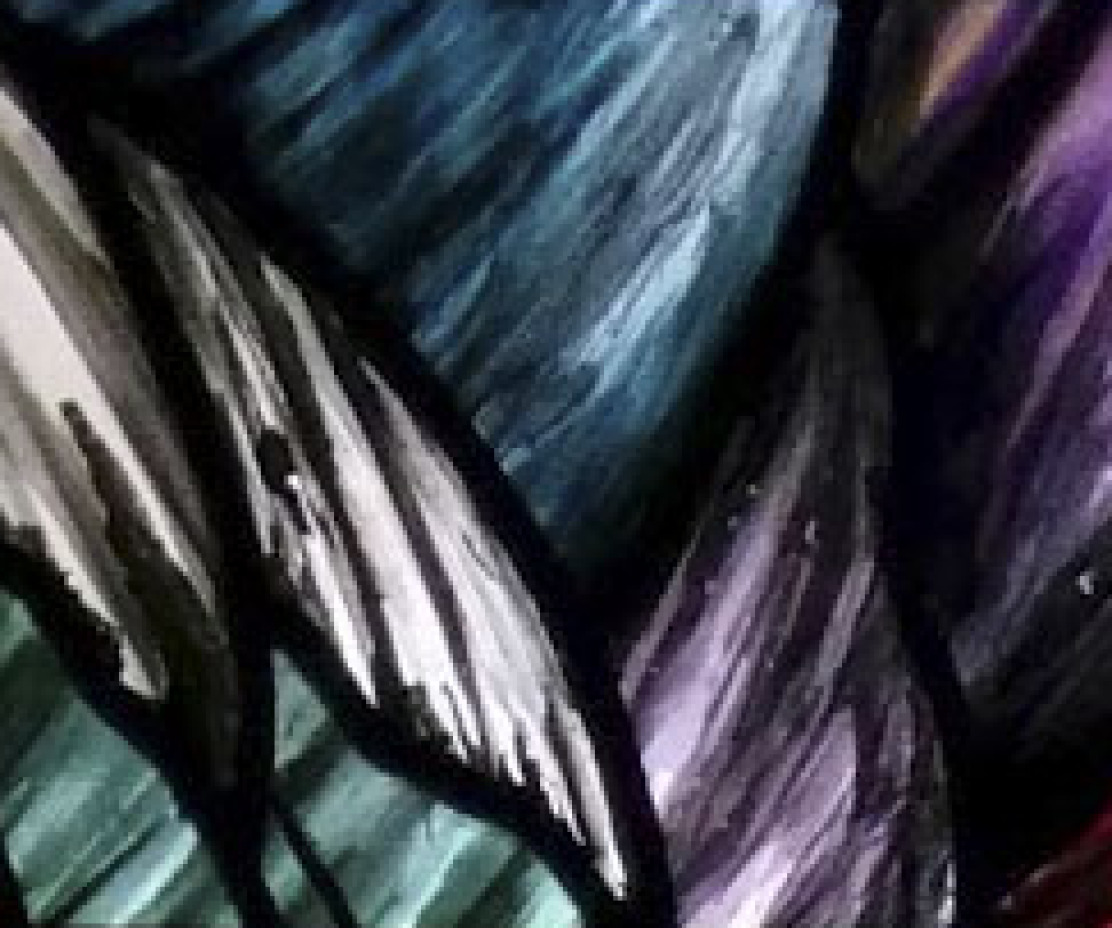The question of public spaces being free of religious symbols has reached new heights in the European Union. Countries like France have sought to ban outward symbols of religion, focusing of the veil wore by Muslim women, but not exclusively. The government law has also attacked outward expressions of Christianity and Judaism, amongst others. Although it should be noted that the focus that drove the enquiry into the religious symbols and the new law did stem from the desire of French secular society to mask the veil.
And while this debate has captured much attention on both sides of the issue, about freedom of expression and religion versus that of women who are oppressed and forced to wear the veil, I wish to focus rather on the veil itself as a symbol of wholeness. In contrast I also wish to draw attention to secular societies mantra of a separation of religion from the state and therefore a separation of private and public lives as a symbol of disfunctionality.
In essence that the veil allows Muslim women to enter into society as complete and whole human beings, while the rest of secular society must learn to live with split personalities, the private religious personality and the public non-religious persona. As such I hope to demonstrate in this reflection that Muslim women are actually more whole and actualized human beings then the supposedly free moral agents of secular society.
Secular society has for centuries now sought a separation between the church and state, between a citizen’s private religious belief and having those beliefs hoisted upon society at large. As such societies have pushed religion to the private realm. Religious believers have had to lead in effect double lives because of this forced separation. This has naturally caused that religious believers are not whole persons therefore in their public dealings.
Personally this has been brought to the forefront recently in the Canadian 41st election. Religious beliefs have no place in the public debate we are taught. The discussion centers on public policy and private religious beliefs held by the leaders of the political parties do not seem to come into play. This assumption is based on the secular argument that religion has no place in public policy.
The problem with this assumption is the belief that citizens, or leaders, can distance themselves from the very beliefs that have spurned them to public service and participation. In essence, that the faith beliefs of individuals form their morals and values and whether we wish to admit it or not, those same values influence who we vote for and the policies we would support. Yet secularization teaches us to separate those morals and values out from our choices; that our choices are to be free of private influences and for the public good only.
This creates within citizens a type of schizophrenia. We are asked to make decisions and set policies upon what we believe to be the best for society, but we are also asked not to have our private religious views enter the debate or influence our decision. This position has not only created a split personality in citizens but as placed a veil between public and private lives, obscuring one from the other.
The veil worn by Muslim women has for centuries identified them and set them apart within society, it has also served another feature. It has allowed for Muslim women to participate in society as whole human beings, no distinction between public and private, between religious and secular. The veil represents who they are as private individuals as well as public figures. The veil allows them to be fully human in the public setting. It stakes a claim to the public space of the private religious leanings yes, but it does more than simply that. It allows for the full participation of private individuals in the public sphere, in other words, as whole human beings.
The veil has become a symbol, yes. A symbol of Islam, but also a symbol of what a complete human may look like. Such a symbol though is a threat to secular society, which seeks to encourage individualism to maintain discontent in society. The very social contract is based upon such individualism and the threat of violence held by the state. Individuals give up their private desires for the safety and protection of the state. Yet individuals are being encouraged to continually seek what is in their best interest. Essentially a state of war between individuals remains at a cease-fire, but with no long-term solution in place.
So long as society maintains a scapegoat, a visible minority, the problems facing the type of schizophrenia that secularization causes will continue to go undetected. The specter of religion will always be enough to unite the individuals into suppressing the very rights that they continue to hold dear, the freedom of expression, religion and being a whole individual in society.
It remains in society’s best interest therefore to continue to sow discontent between individuals and to separate individuals into private and public beings. By doing so secularization continues as an uncheck monster forever veiling the truth of wholeness of human beings from the very citizens of society it seeks to protect.

Thanks Marty,
Very true! Never thought of it that way.
I would like to read more.
Frank